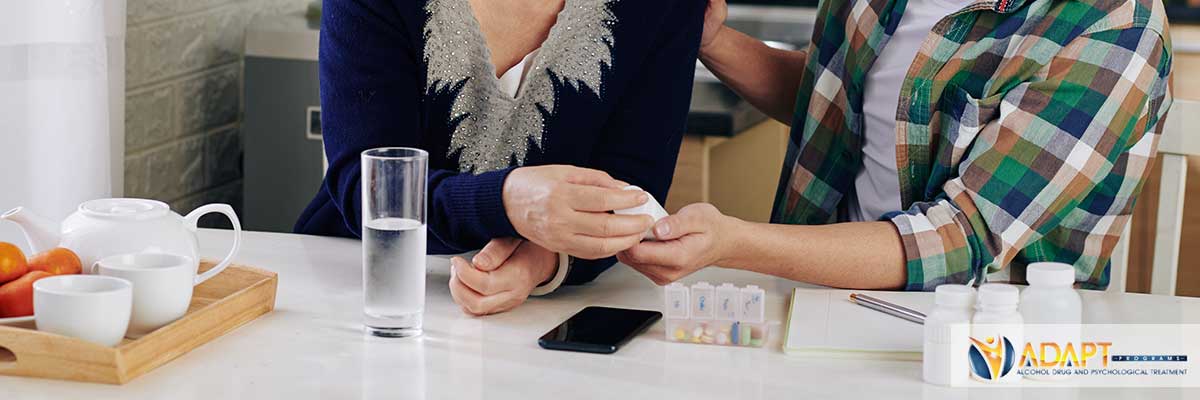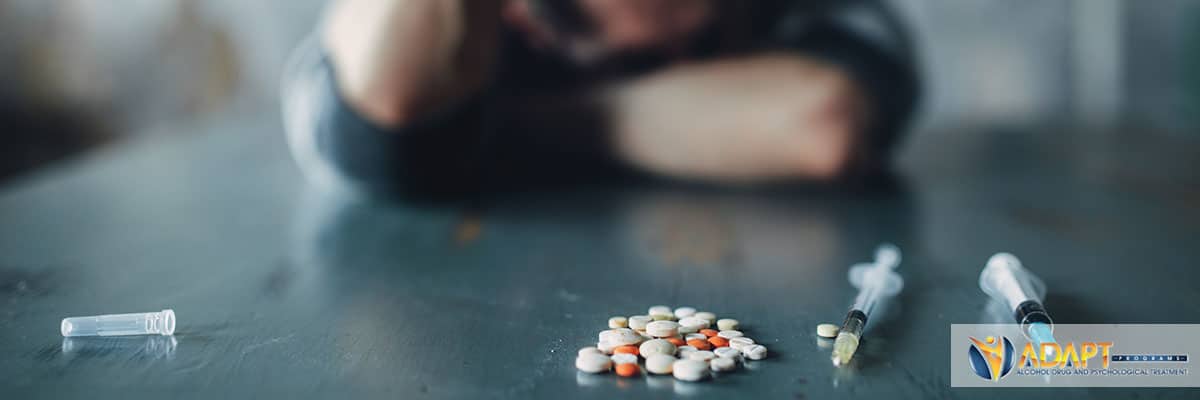Confronting Addiction: How To Talk To Your Teenager About Teen Addiction
The teenage years often hit parents like a giant tsunami of challenges and power struggles. Teens struggle to find their own identity, establish independence, and often experiment with fashion, relationships, and various substances.
Luckily, parents are still the number one influence in their child’s life, even if they seem to roll their eyes at your mere existence. Teens crave support and communication with their parents as they navigate uncharted territories with potentially damaging consequences like sex, mental health, addiction, and substance abuse.
Substance abuse is the use of illegal drugs or alcohol in an excessive manner. On the other hand, addiction to drugs, alcohol, or prescription medications is an uncontrollable urge to use. Both have negative consequences on the user and their loved ones. Teen addiction is often masked by the natural changes and challenges that emerge during adolescence.
Both substance abuse and addiction require the intervention of family and medical professionals to assure the safety of your loved one.
How To Talk To Your Teen About Drugs
Many envision these exchanges like the ones you’ve seen on television, with parents and teens sitting at a kitchen table or a diner, openly and comfortable discussing sensitive topics over milkshakes.
However, this setting often causes teens to freeze up and feel uncomfortable.
To ensure the most comfortable environment for your teen, be open to communicating in various forms and at a moment’s notice.
Casual conversations during scenes of movies and television shows that depict addiction can be powerful. If your child approaches you about a sensitive topic, make yourself available in the moment. Be present and pay attention to what they say and how they are behaving.
Above all, remember these essential tips for discussing addiction with your teenager:
- Ask and listen, but resist the urge to begin lecturing
- If your child admits to substance use, explore the reasons WHY they used
- Make your expectations and values clear
- Thank your child for being honest and remind them that your door is always open should they want to talk.
Remember, communication about drugs and addiction is not a one-and-done type of conversation. Do your best to initiate the conversation again in the future to check for follow up questions and potential warning signs that were not previously apparent.
How To Educate Your Teen About Drug And Alcohol Use
As a family member, you have the power to set the tone when discussing drug and alcohol use. Before discussing these topics, do a lot of research and planning yourself. Preparation allows you to approach the topic with an open mind and maintain a non-confrontational tone. Reliable sources such as Dare.org and DrugAbuse.gov can provide accurate information that will enhance your conversation.
Start by asking if your child knows what addictive substances are. Be honest and open with identifying these substances and describing their effects on the body.
From there, ask your child if they know of anyone who uses substances or if they have ever been offered substance before. Whether you have one long conversion or multiple short ones with your teenager, here are some points that are important to cover:
- Discuss what drugs are out there and where they are found
- Talk about peer pressure and other reasons one may try drugs
- Assist in identifying risky situations that may lead to substance use
- Remind your teen that substances affect each individual differently
If you feel comfortable, discuss your experiences with substance use. By opening up to your child, you will allow them to see that you were once a teenager yourself and, though the styles, music, and technology have changed, you faced many of the same challenges they do.
What Are The Warning Signs Of Teen Addiction?
Changes in demeanor and mood swings can be linked to the typical hormone shifts of adolescence. However, if changes in their personality coincide with the following behavioral and physical changes, there may be an underlying issue:
- Physical Warning Signs Of Teen Addiction
- Behavioral Warning Signs Of Teen Addiction
- Changes in self-care and personal hygiene
- Rapid weight loss or gain
- Unusual walking patterns
- Changes in sleeping patterns
- Unexplained bruising or marks on the body
- Red, glazed over eyes
- Neglecting normal responsibilities
- Changes in friend groups and social behaviors
- Dramatic, unpredictable mood changes
- Problems with money
- Loss of interest in hobbies or activities
- Sudden anger or aggressive behavior
Seeing these changes in your loved one can be devastating and confusing. It’s important to remember that addiction isn’t always about the frequency of use. Understanding the reasons for substance abuse and its effects are the critical factors in conquering substance abuse and addiction.
The warning signs of teen addiction are more apparent when parents and caregivers are familiar with their teen’s interests, relationships, and routines. Maintaining an open communication line and being observant will allow you to notice significant changes that indicate substance abuse.
Teen Substance Abuse Statistics
Whether you know or suspect your child is experimenting with drugs and alcohol, your family is not alone. Teenage addiction affects families across the country. Teens are frequently experimenting with seemingly harmless gateway drugs, which often leads to addiction to more problematic substances, such as heroin.
According to the National Institute of Drug Abuse, nearly 40 percent of teens surveyed had used alcohol in the last month, and approximately 21 percent of high school seniors have reported using marijuana in the past month.
Additionally, 1 in 5 teens has abused prescription medications, according to the Centers for Disease Control. These are often substances that have been prescribed to a loved one and are easily accessible from their home medicine cabinets.
When Should You Decide To Talk To Someone About Their Addiction?
Addiction is a terrifying disease. If you suspect your teen is struggling with substance abuse or addiction, timing matters. Try to initiate a conversation when your loved one is clear-headed and alert. There is no unique formula for discussing addiction with a loved one.
However, you must express your concerns honestly and seek professional help from an organization that understands addiction and provides quality treatment options.
If you or someone you know is struggling with addiction, ADAPT is here to help on the road to recovery. ADAPT offers drug and alcohol addiction outpatient treatment specially designed for teens and young people. We provide a safe, supportive environment that offers intensive rehabilitation while encouraging family education.
We facilitate and develop peer support groups to ensure long term success outside of our program. Our program uses the 12 step model and is clinically proven to provide methods that allow program participants to replace bad habits with positive ones that will allow them to lead happy lives.

Additional Teen Addiction Resources
- Teen Drug Abuse
- Adolescent Outpatient Treatment
- Teen Drug Addiction Treatment
- Preparing for Rehab
- Teenage Rehabilitation Center
- Preparing Your Teen For College
- How Social Media Affects Teens
- Underage Drinking: Alcohol and Teens
- Underage and Teenage Drinking Stats
- Family Involvement in Teen Addiction Treatment
- How Do Teens Get Drugs
- High School Drug Use
- Adolescent intensive outpatient program
- Substance abuse treatment houston




